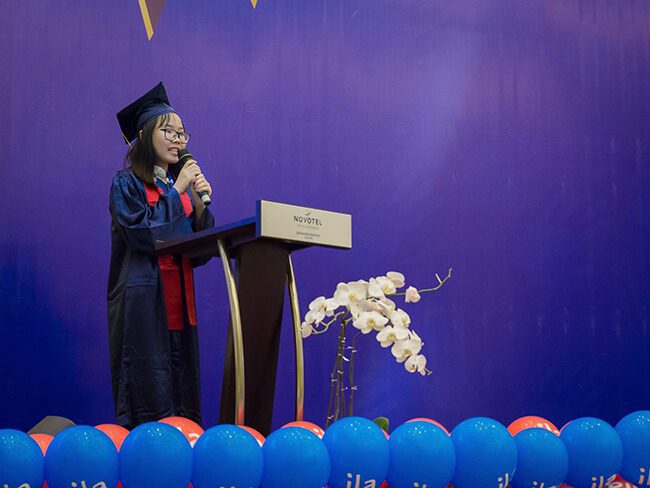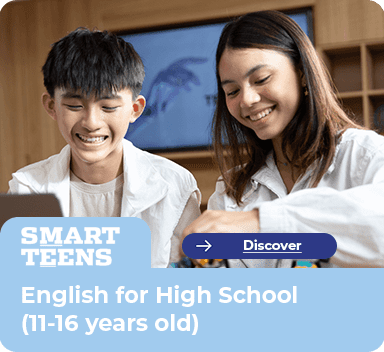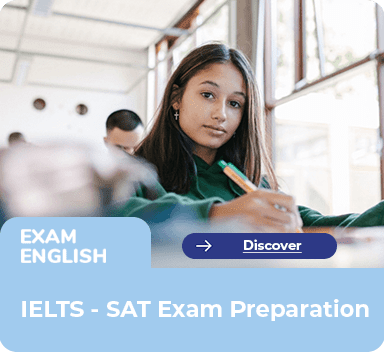From a girl with low self-esteem because she did not understand what her English teacher said, after 5 years, Ho Thi My Ha broke through with an IELTS score of 8.0 thanks to reasonable training methods. Although she considers herself an introvert, a 15-year-old female student at Chu Van An Secondary School (Da Nang) has gradually asserted herself through an impressive journey of “makeover” in the learning and growing environment. distinctive.
“I used to be very nervous and stressed when learning English…”
Hello My Ha! 15 years old has achieved remarkable IELTS results, since when did you start to get acquainted with and love English?
I started learning English at the age of 10. Before that, I listened to the music of famous singers like Taylor Swift, Maroon 5… I couldn’t get bored. Even though I don’t understand, I still enjoy the tunes and try to imitate them, but it’s not easy because my English is zero and my singing ability is… bad (laughs). At that time, I had the intention to learn English to sing along. Maybe my love of English grew from there!
Every journey of thousands of miles starts with a single step, can you share a portrait of a My Ha from her early days of learning English?
I have been studying at ILA since the beginning. I’ve never been in contact with a foreigner, but my English is poor, so I was very nervous and stressed! Everything from teachers, friends and the way of learning is new and strange even I don’t understand what she is saying. When I took the test to get into class J1A, sometimes I felt very self-deprecating because there were only kids younger than me, so their English was very good.
I am also a rather quiet person that my friends call “older than my age” (laughs), so I have lost a lot of opportunities that come to me, not daring to participate in competitions even though I have the ability.
So what is the biggest challenge that My Ha and friends have ever faced that make people “afraid” to learn English?
I realize that most English learners have just learned, that is, they have learned grammar and vocabulary but have not really put them into daily use. Even if you have a solid grasp of grammar and know a lot of vocabulary, if you don’t know how to use them flexibly, your knowledge will be extremely passive. This is probably also the reason why you often have the most difficulty in both speaking and writing skills when communicating, I am no exception.
My Ha has been studying at ILA for 5 years now, so when you started studying with native teachers from the beginning, how did you see your English ability improve compared to your peers?
As I shared, I started studying at ILA at the age of 10 and so far my most obvious improvement is speaking. In the classroom, there are many interactive activities between teachers and students and between students, giving me countless opportunities to practice. Every time like that, I was commented by teachers and friends to correct my mistakes so that I could speak more naturally and not be forced. The more I learn, the more I like the pronunciation, the variety of English grammar and vocabulary. I also have access to richer resources, more standard information, and the opportunity to understand more.
Moreover, I think the purpose of learning a foreign language is not only listening and speaking but also knowing the culture and communication style of that language. When studying with native teachers, this turns out to be very simple because you can both answer questions in class and be introduced to many things about the culture and quintessence in the teacher’s country.
“Sooner or later we will get back exactly the amount of effort we put in”
Now, after 5 years of working with English, objectively, does My Ha find it difficult or easy to learn this language?
I find learning English not difficult but not easy either. It is not difficult because our biggest advantage today is the Internet and if you know how to make good use of it, it will be an extremely useful tool to learn any language. But it’s only easy for people who have the right learning method for them and also have an environment to practice and help themselves to make constant efforts.
So according to My Ha, what if the foreign language learning environment only provides dry knowledge but lacks the skills to help us “think out of the box” and develop our full potential?
I think if the learning environment does not give learners passion, self-training methods and best efforts, it will be difficult to achieve goals in anything, not just learning foreign languages.
At ILA where I study, teachers always encourage students to ask questions, express their own thoughts as well as listen to others in the class. This has trained me to think multi-dimensionally, the ability to express opinions and confidence when communicating in English. Moreover, ILA also regularly organizes extracurricular activities and programs, summer camps, showcases her talents, and creates conditions for her to exchange and improve her English skills and many useful life skills. such as group work, criticism, public speaking, presentations, etc.
Not only that, my friends at ILA all have good things to learn. You not only encouraged and helped me with both knowledge and experience, but also created a healthy competitive environment to help me have more motivation to try.
With such a learning environment, My Ha must have passed the IELTS exam without too much difficulty? Do you have any advice for those who are about to take the IELTS test?
For me, IELTS is a difficult exam because it is very “formal” (standard) requiring 4 skills: Listening – Speaking – Reading – Writing. But when I learned that I was going to take the IELTS test, a teacher at ILA encouraged me: “Everything pays off”. This quote has given me a lot of motivation because sooner or later we will be paid the right price for our efforts and efforts. With IELTS, the review process is really not easy, but indeed, “everything pays off”.
I think the most important thing is that we have to find the right learning method and environment and don’t put too much pressure on ourselves. Try to see the IELTS preparation process as a very rewarding experience instead of a difficult exam. Prepare well and be confident that you can do it.
Happiness often lies in the journey, not the destination, can My Ha share some “maturity experiences” that make you feel like you have completely “transformed” after the past 5 years?
I think the best thing that I have is youth, when we are less bound, have more opportunities to try, make mistakes and start over.
Studying English at ILA Da Nang was a decision that changed my life! 5 years studying at ILA has not only taught me English but also given me a lot of opportunities to explore and challenge myself. Besides the IELTS exam, the memories I can’t forget are the first time I stood in front of a large crowd to say thank you in English at the Cambridge exam awards ceremony held at ILA and when I got guitar accompaniment for me. you sang at ILA’s Got Talent 2017.
It is these special experiences that have helped me become more open, confident and mature. I am really grateful to have studied in such a good environment.
“English is not difficult because our biggest advantage today is the Internet and if you know how to make good use of it, it will be a great tool to learn any language. But it’s only easy for people who have the right learning methods, the environment that helps them practice and give their best efforts.” Ho Thi My Ha, 15 years old, IELTS 8.0.
4 “SECRETS” OF HOMEWORKING ENGLISH LEARNING SELF:
- As a quiet person, whenever there is a confidant that can’t be told or doesn’t want anyone to know, My Ha will say it in English and then record it on the computer. It sounds a bit “weird”, but for Ha, this is an effective way to practice speaking.
- My Ha often enjoys watching her favorite English video clips on Youtube such as channels about makeup, fashion, etc. to improve her listening skills naturally.
- My Ha always practice searching, expressing opinions and thinking in English in all situations to improve speaking and writing skills. A lot of practice forces Ha to flexibly use appropriate vocabulary and grammar, not just knowing and letting it go.
- To improve listening scores when taking the IELTS test, My Ha has a small “secret” that is to immediately underline all the keywords in the Listening test first, then listen and do it at the same time.







